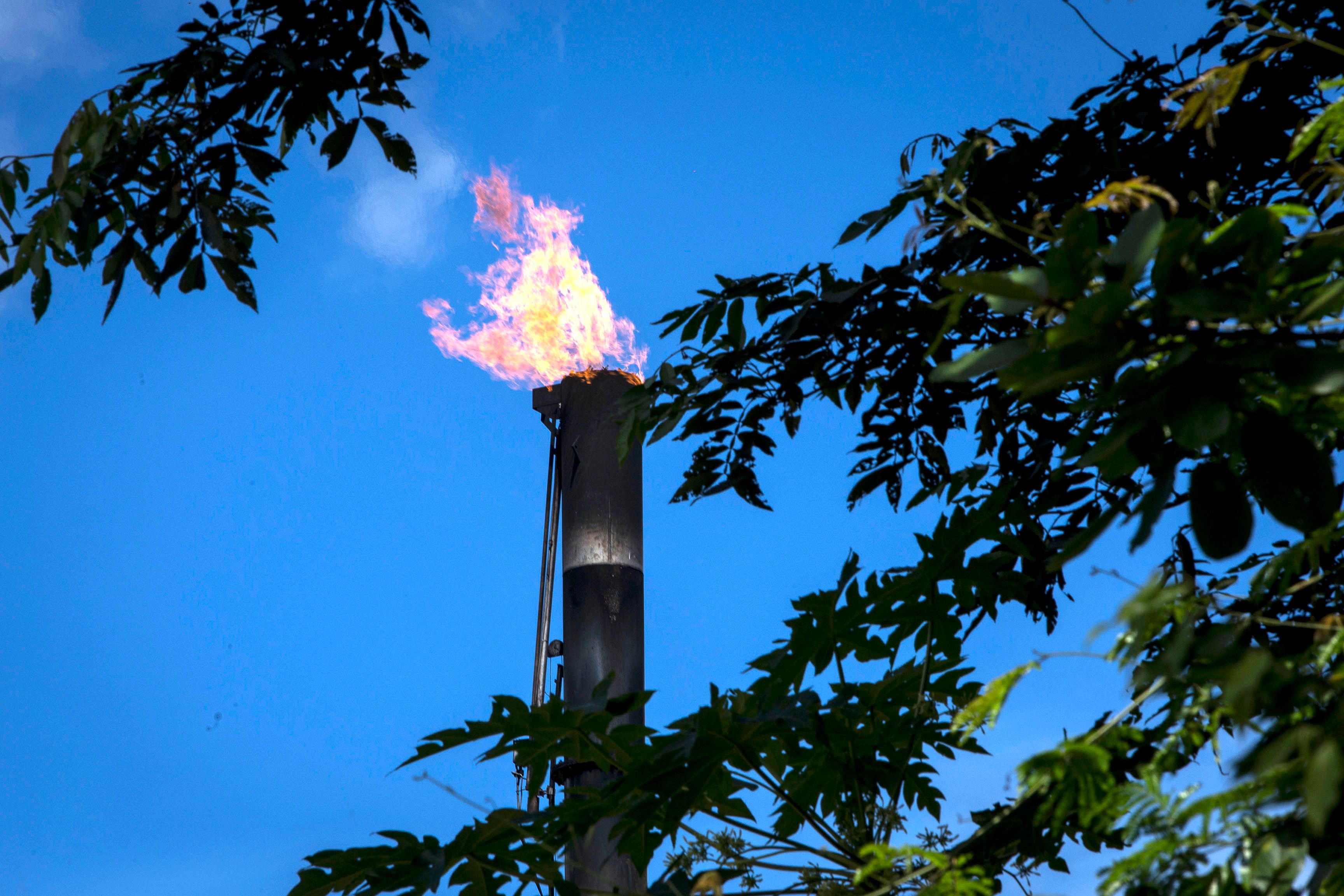Climate targets could cost petrostates $17.3 trillion, study finds
Sign up now: Get ST's newsletters delivered to your inbox

The results are "a wake-up call" for fossil-fuel-dependent nations to diversify their economies, the report said.
PHOTO: AFP
LONDON (BLOOMBERG) - The economies of at least 19 countries dependent on oil and gas exports are at risk from climate change targets that could cost them trillions of dollars in lost revenue by 2040, according to a study published on Thursday (Feb 11).
The results are "a wake-up call" for the fossil-fuel-dependent nations to diversify their economies, and for richer countries to help those with weak finances make the transition to cleaner energy, according to the report by Carbon Tracker.
The financial think tank calculated the impact of the transition from fossil fuels to low-carbon energy sources on 40 countries that rely most on oil and gas revenues.
Azerbaijan, Angola, Congo, Libya, Nigeria and Saudi Arabia were among those in the most exposed categories, with some projected to lose about 40 per cent of total government revenues.
Saudi Arabia and some other Gulf oil and gas exporters are taking steps to reduce dependence on oil revenues, and would be further cushioned by low extraction costs and large sovereign wealth funds, the study said.
Iran, Mexico and Russia, with more diversified economies already, stood to lose between 10 per cent and 20 per cent of total government revenues by 2040.
Among the key findings:
- Lower fossil fuel demand and prices will have significant implications for fiscal sustainability in oil and gas-producing countries;
- Under a low-carbon scenario, combined global government oil and gas revenues worldwide could be US$13 trillion (S$17.3 trillion) lower than expected (51 per cent less) over the next two decades compared with business-as-usual expectations of continued growth in demand and firm long-term oil prices;
- Altogether, the 40 selected petrostates could lose US$9 trillion of oil income over the 20-year period, the study found;
- Over 400 million people live in the 19 most vulnerable petrostate countries.
- In a low-carbon scenario, potential oil and gas revenue shortfall in the next two decades could adversely affect some countries in Asia. Revenues for Timor-Leste would drop 93 per cent, 61 per cent for Brunei, 45 per cent for Myanmar and 43 per cent for Malaysia.
Andrew Grant, Carbon Tracker's head of climate, energy and industry, said there were risks to the report's assumption that demand for oil and gas must fall as governments act to keep global temperatures from rising to high.
Most demand modelling indicates an increase in consumption for years to come despite efforts to speed up the move away from fossil fuel.
The study based its findings on an average oil price of US$40 per barrel out to 2040, in line with an International Energy Agency scenario that assumes governments do what it takes to get climate change under control. That compares to the US$60 price compatible with the IEA's business-as-usual scenario.
OPEC forecasts that annual global oil production will rise to 109 billion barrels in 2045, from 100 billion barrels in 2019, as overall demand for energy supports fossil fuel sales even as renewables grow in market share.
"Maybe they're right, who knows," said Grant. But with more governments committing to carbon-neutrality by 2050, and renewables becoming ever cheaper, he said, "the direction of travel is clearly toward more ambition and a faster transition."


